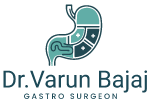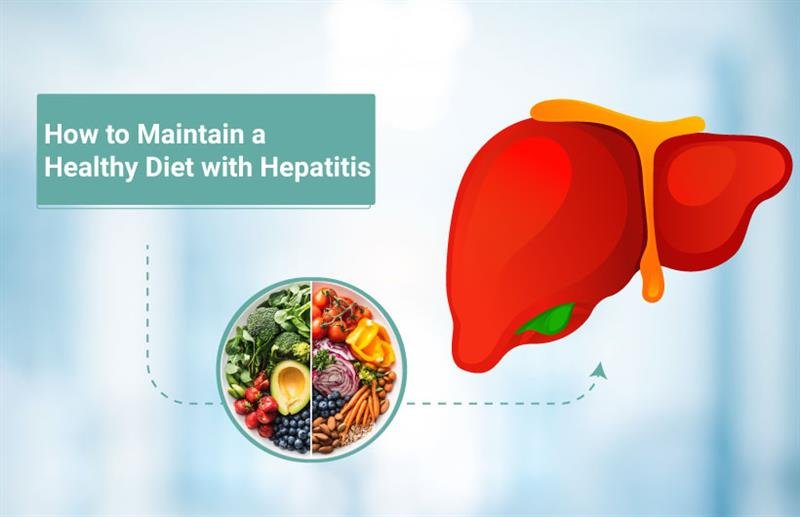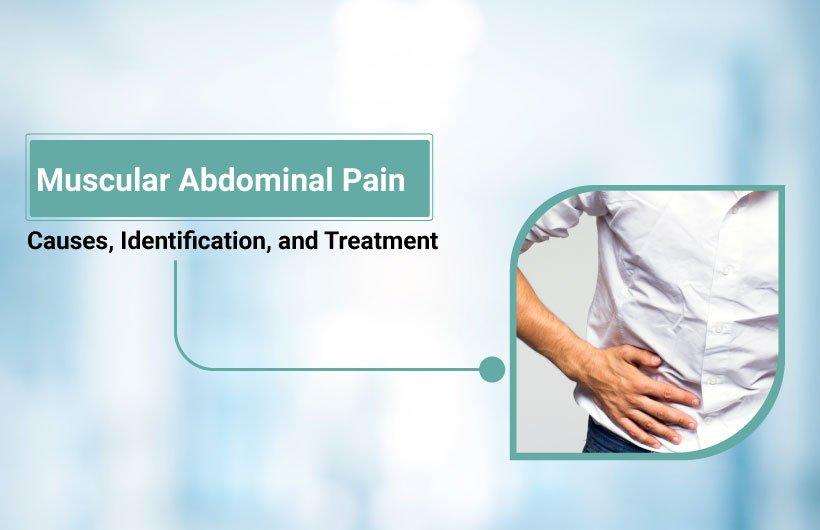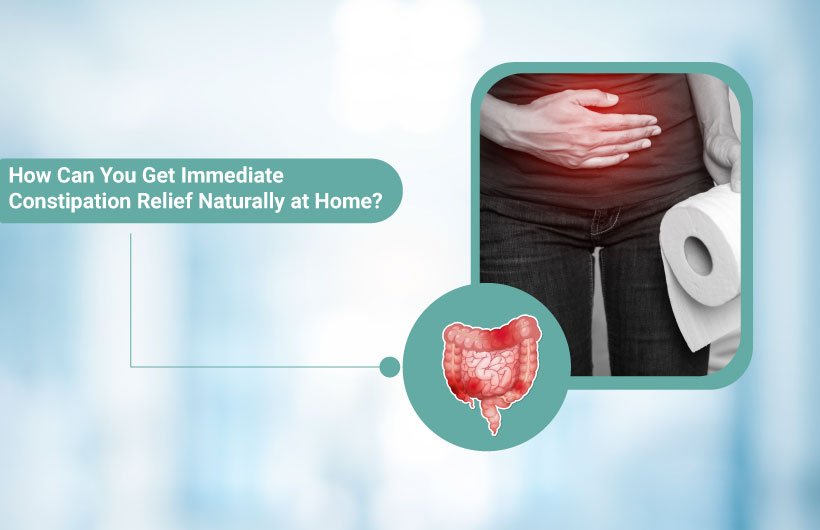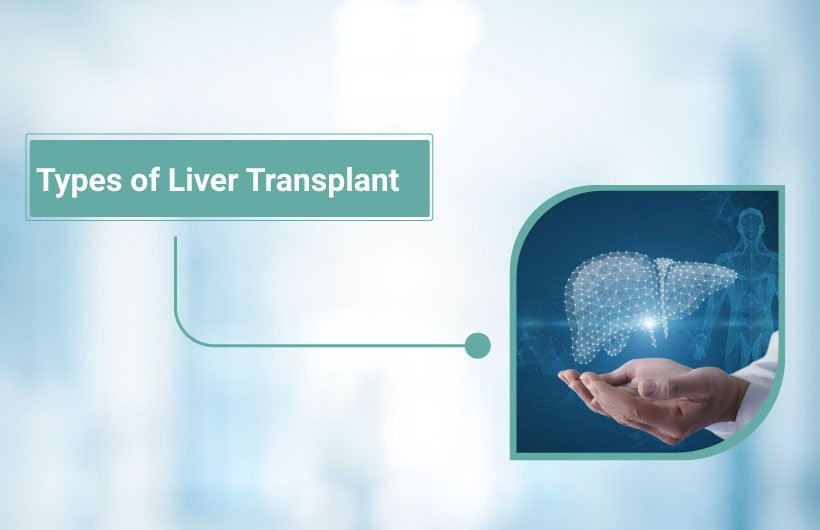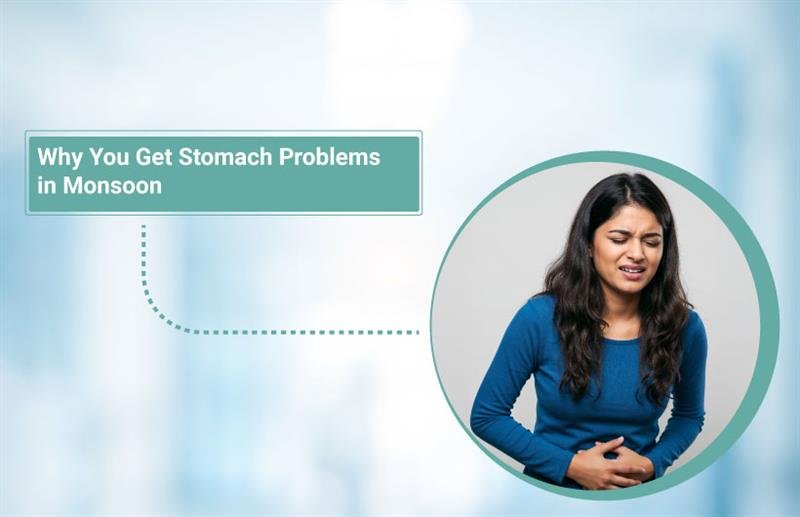Hepatitis A is a liver infection caused by the hepatitis A virus (HAV). While most people recover completely, the infection can temporarily affect how the liver functions, including its ability to process nutrients and remove toxins from the body. This is why maintaining a healthy diet for hepatitis is essential for supporting recovery and promoting liver health.
Food plays a crucial role in healing the right nutrients can help the liver regenerate and reduce fatigue, while unhealthy food choices may delay recovery. In this blog, Dr. Varun Bajaj explains how to plan a practical, nutritious, and liver-friendly diet for people with hepatitis A.
Understanding Hepatitis A and Its Dietary Implications
Hepatitis A affects the liver, one of the body’s most vital organs responsible for digestion, detoxification, and metabolism. When the liver becomes inflamed, it cannot perform these functions efficiently, leading to symptoms such as:
- Fatigue and weakness
- Nausea or vomiting
- Abdominal discomfort
- Loss of appetite
- Jaundice (yellowing of the skin and eyes)
Because of these symptoms, many patients find it difficult to eat normally. However, the body still needs proper nutrition to heal. A balanced hepatitis diet plan helps restore energy levels, supports immune function, and promotes liver repair.
What Are the Essential Nutrients for Liver Health?
The liver requires specific nutrients to heal and function properly. Here’s how you can include them in your hepatitis A nutrition plan:
- Proteins for Tissue Repair
Proteins are vital for repairing liver tissue damaged by the virus. Choose lean protein sources such as:
- Skinless chicken or turkey
- Fish (like salmon, sardines, or rohu)
- Eggs
- Lentils, beans, and tofu
Avoid deep-fried or processed meats as they can burden the liver.
- Carbohydrates for Energy
Fatigue is a common symptom of hepatitis A. Complex carbohydrates provide long-lasting energy without spiking blood sugar levels. Good choices include:
- Brown rice
- Oats
- Whole wheat bread
- Sweet potatoes
- Fresh fruits and vegetables
- Healthy Fats for Nutrient Absorption
While fats should be limited, small amounts of healthy fats support the absorption of fat-soluble vitamins. Choose:
- Avocados
- Olive oil
- Flaxseeds and chia seeds
- Nuts and seeds (in moderation)
Avoid fried foods and high-saturated-fat items like butter, cream, or red meat.
- Vitamins and Minerals
Certain vitamins are especially important for liver health:
- Vitamin A, C, and E: Powerful antioxidants that help repair liver cells.
- B-complex vitamins: Support metabolism and energy production.
- Zinc and Selenium: Strengthen immunity and help fight inflammation.
A balanced diet of fruits, vegetables, whole grains, and lean proteins can provide most of these nutrients naturally.
What Foods Are Good for Hepatitis A Patients?
When planning a diet for hepatitis, focus on foods that are easy to digest and rich in vitamins, minerals, and antioxidants.
- Fruits and Vegetables
Fresh fruits and vegetables are packed with antioxidants that reduce inflammation. Include:
- Leafy greens (spinach, kale)
- Carrots, beets, and pumpkin
- Apples, papaya, bananas, and citrus fruits
These foods support detoxification and strengthen immunity.
- Whole Grains
Whole grains like brown rice, oats, and whole wheat are excellent for providing sustained energy and fibre. They aid digestion and help prevent constipation, which can sometimes occur due to medication or reduced activity.
- Lean Proteins
Choose light, non-greasy protein sources:
- Grilled chicken or fish
- Paneer or tofu
- Boiled eggs or egg whites
- Healthy Fats
Add a small portion of healthy fats such as olive oil, nuts, and seeds to your meals. These provide essential fatty acids without overloading the liver.
What Foods Should Be Avoided with Hepatitis A?
Certain foods can make the liver work harder or cause further irritation. Here’s what to skip in your hepatitis diet plan:
- Alcohol
Alcohol is toxic to the liver, especially when it’s already inflamed. Avoid all forms of alcoholic beverages until your doctor confirms that your liver has fully recovered.
- High-Sodium Foods
Too much salt can lead to fluid retention and swelling. Avoid:
- Processed foods
- Pickles and canned soups
- Packaged snacks and chips
- High-Sugar Foods
Excessive sugar can increase fat buildup in the liver. Limit:
- Sweets, cakes, and pastries
- Sugary drinks like soda or packaged juices
- Raw or Undercooked Shellfish
Shellfish can contain bacteria or viruses harmful to those with liver issues. Always consume well-cooked seafood and maintain hygiene when preparing food.
Sample Hepatitis A Diet Plan for a Day
Here’s a simple one-day hepatitis A dietary plan designed for gentle digestion and optimal nutrition:
- Breakfast:
Oatmeal made with water or low-fat milk, topped with fresh berries and a boiled egg. - Mid-Morning Snack:
A banana or apple with a handful of almonds. - Lunch:
Grilled chicken or paneer salad with mixed greens, cucumber, tomatoes, and olive oil dressing. - Evening Snack:
Herbal tea with whole-grain crackers or a bowl of papaya. - Dinner:
Steamed salmon or lentil soup with quinoa and steamed broccoli. - Hydration:
Drink plenty of water throughout the day. You can also include coconut water or fresh fruit-infused water to stay hydrated.
How to Manage Your Diet During Hepatitis A Recovery?
Recovery from hepatitis A can take a few weeks to a few months, depending on the severity. During this time, simple dietary habits can make a big difference:
- Eat Small, Frequent Meals:
Since appetite is often reduced, try eating smaller portions 4–5 times a day instead of three heavy meals. - Cook at Home:
Preparing meals at home helps you control ingredients, avoid contamination, and maintain hygiene. - Stay Hydrated:
Water helps flush toxins from the body and supports liver function. Avoid caffeine and sugary drinks that can dehydrate you. - Avoid Oily or Spicy Foods:
These can irritate your stomach and slow your recovery. Stick to steamed, grilled, or boiled foods. - Monitor Symptoms:
If you notice bloating, nausea, or fatigue after certain foods, eliminate them and discuss with your doctor.
When Should You See a Doctor?
Even with a healthy diet, it’s important to monitor your progress. You should consult a healthcare professional if you experience:
- Persistent fatigue or weakness
- Loss of appetite lasting more than a week
- Yellowing eyes or skin becoming darker
- Unexplained weight loss or signs of malnutrition
Dr. Varun Bajaj, a leading gastro surgeon in Ahmedabad, advises that every hepatitis A case is unique. Some individuals may require additional supplements or adjustments to their meal plans based on lab results and liver enzyme levels. Personalized dietary guidance from an expert Liver Specialist in Ahmedabad can help ensure a faster and safer recovery.
Can Diet Help You Recover from Hepatitis A Faster?
Yes, nutrition plays a major role in healing. A balanced liver health diet not only supports the recovery of liver cells but also improves energy levels and overall immunity. By focusing on liver-friendly foods and avoiding harmful substances, patients can shorten their recovery period and prevent future liver issues.
Conclusion
Maintaining a diet for hepatitis isn’t about restrictions, it’s about nourishing your body with the right foods to help your liver heal naturally. A balanced combination of lean proteins, whole grains, fruits, and vegetables can make recovery smoother and more comfortable.
As Dr. Varun Bajaj emphasises, lifestyle changes and dietary care go hand in hand with medical treatment. Always follow your doctor’s advice, stay hydrated, and listen to your body’s needs. With patience, proper nutrition, and rest, most people fully recover from hepatitis A and regain their normal health.
In summary: Eat clean, avoid alcohol and junk food, and focus on fresh, balanced meals. A healthy diet is one of the strongest allies your liver can have during hepatitis A recovery.
